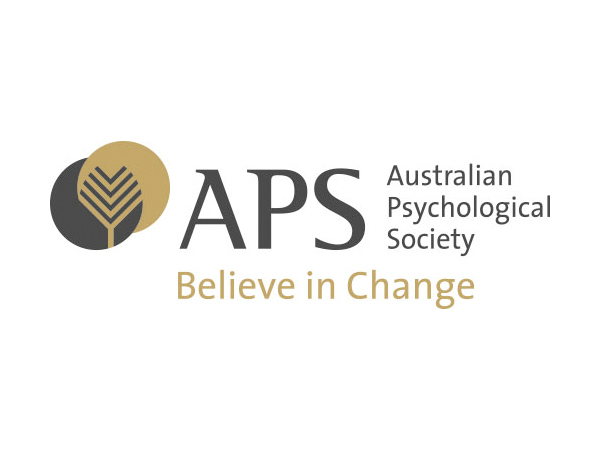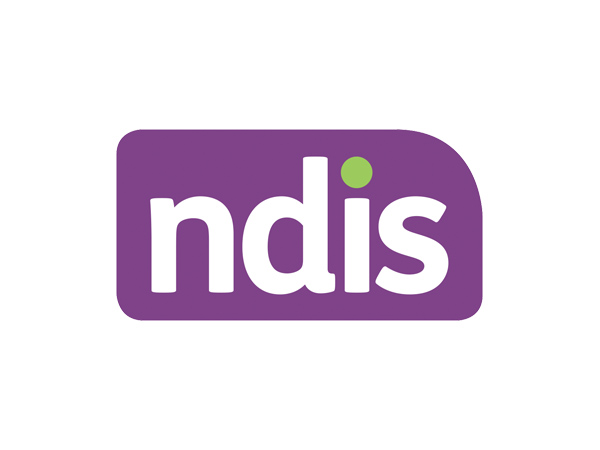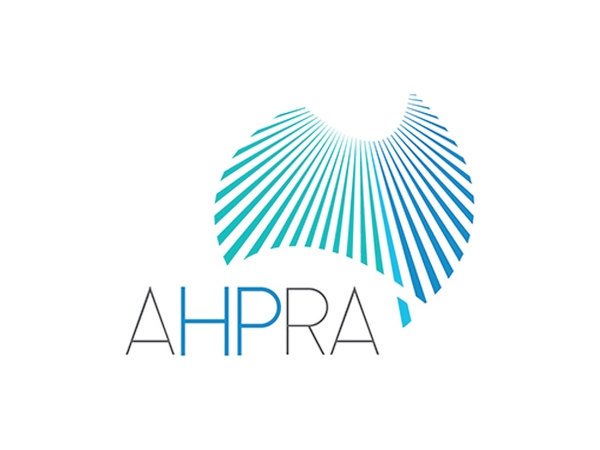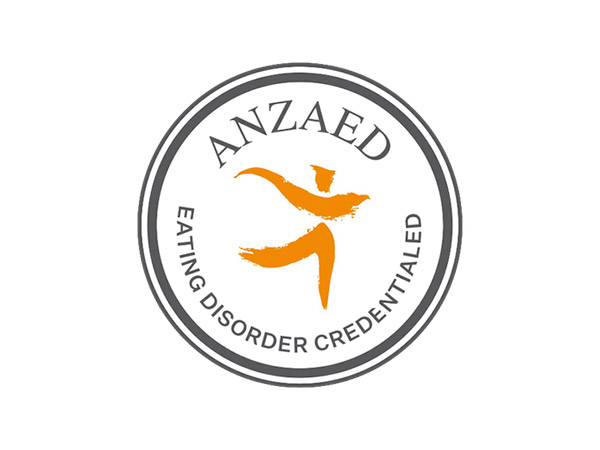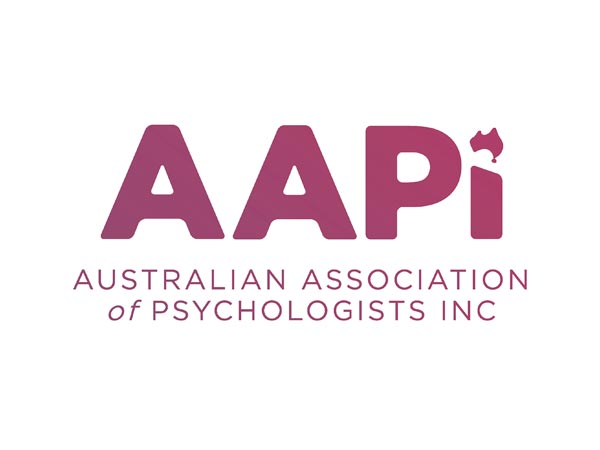Professional help and support for children's behavioural issues.
Some children have difficult and challenging behaviours that are outside the norm for their age. Often a result from temporary stressors in the child’s life, these behaviours can sometimes represent more enduring disorders. The most common disruptive behaviour disorders include oppositional defiant disorder (ODD), conduct disorder (CD) and attention deficit hyperactivity disorder (ADHD).
Our Psychologists can work closely with parents to provide support strategies and tools, to help guide their children and reinforce the strategies provided in session. We place a strong emphasis on early intervention to promote positive and improved outcomes for all children.
Oppositional Defiant Disorder
Roughly 10% of children under the age of 12 years are thought to have oppositional defiant disorder (ODD), with boys outnumbering girls by two to one. Some of the typical behaviours of a child with ODD can include:
- Frequent temper tantrums
- Easily angered, annoyed or irritated
- Refuses to obey rules
- Deliberately intends to annoy or aggravate others
- Argues frequently with adults, particularly the most familiar adults in their lives, such as parents
- Low self-esteem
- Low frustration threshold
- Seeks to blame others for any misfortunes or misdeeds.
Conduct Disorder
Roughly 5% of 10 year olds are thought to have CD, with boys outnumbering girls by four to one. Around one-third of children with CD also have attention deficit hyperactivity disorder (ADHD).
Some of the typical behaviours of a child with CD may include:
- Frequent refusal to obey parents or other authority figures
- Repeated truancy
- Tendency to use drugs, including cigarettes and alcohol, at a very early age
- Lack of empathy for others
- Being aggressive to animals and other people or showing sadistic behaviours including bullying and physical or sexual abuse
- Willingness to start physical fights
- Using weapons in physical fights
- Frequent lying
- Criminal behaviour such as stealing, deliberately lighting fires, breaking into houses and vandalism
- A tendency to run away from home
- Suicidal tendencies – although these are more rare.
Attention Deficit Hyperactivity Disorder
Around 2-5% of children are thought to have attention deficit hyperactivity disorder (ADHD), with boys outnumbering girls by three to one. The characteristics of ADHD can include:
- Inattention: difficulty concentrating, forgetting instructions, moving from one task to another without completing anything.
- Impulsivity: talking over the top of others, having a ‘short fuse’, being accident-prone.
- Overactivity: constant restlessness and fidgeting.
Treatment of behavioural issues in children
Untreated children with behavioural issues can grow up to be dysfunctional adults. Generally, the earlier the intervention, the better the outcome is likely to be.
Treatment is usually multifaceted and depends on the particular disorder and factors contributing to it, but may include:
- Parental education – for example, teaching parents how to communicate with and manage their children.
- Family therapy – the entire family is helped to improve communication and problem-solving skills.
- Cognitive behavioural therapy – to help the child to control their thoughts and behaviour.
- Anger management – the child is taught how to recognise the signs of their growing frustration and given a range of coping skills designed to defuse their anger and aggressive behaviour. Relaxation techniques and stress management skills are also taught.
- Encouragement – many children with behavioural disorders experience repeated failures at school and in their interactions with others. Encouraging the child to excel in their particular talents (such as sport) can help to build self-esteem.
Contact Us For Help
For more information on support for children’s behavioural issues or to make an appointment, contact RWPsychology by phone on 02 7907 3964 or request a booking online.


